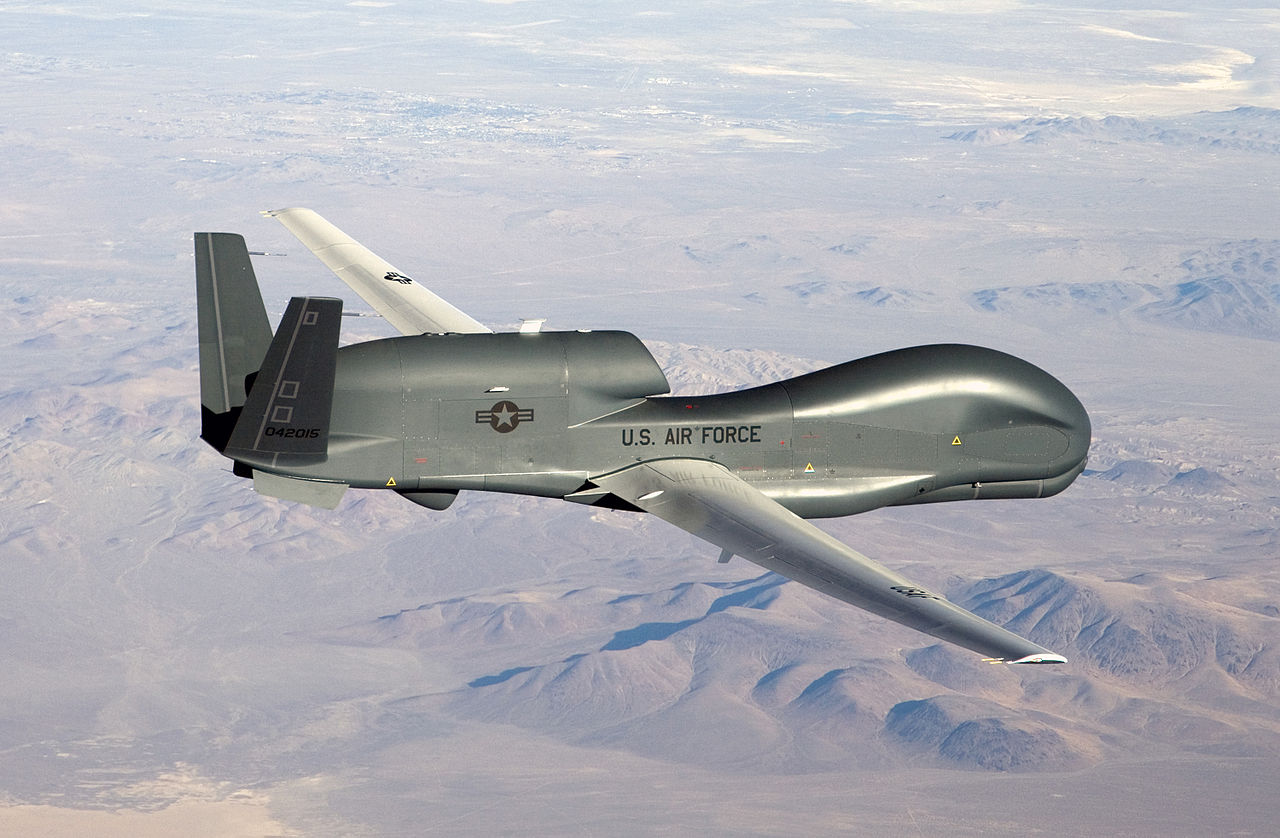On 11 August, the Russian military confirmed it had to scramble three MiG-31 fighters to intercept numerous U.S. RQ-4A Global Hawk drone flying over the Black Sea and the Sea of Okhotsk, as well as a Norwegian Falcon 20 jet over the Barents Sea.Russian fighter jets intercepted an American UAV over the Sea of Chukotsk as it approached the Russian border, the Russian National Defense Control Center stated on Tuesday.
According to the Russian National Defense Control Center, the aircraft was identified as an RQ-4B Global Hawk. The UAV flew away from the border without violating the boundary, and the jets returned to their airbase, the military concluded, noting that the operation was performed in accordance with international law.
The Mikoyan MiG-31 (NATO reporting name: Foxhound) is a supersonic interceptor aircraft developed for use by the Soviet Air Forces. The aircraft was designed by the Mikoyan design bureau as a replacement for the earlier MiG-25 “Foxbat”; the MiG-31 is based on and shares design elements with the MiG-25. The MiG-31 has the distinction of being among the fastest combat jets in the world. It continues to be operated by the Russian Air Force and the Kazakhstan Air Force following the end of the Cold War and the collapse of the Soviet Union in 1991. The Russian Defence Ministry expects the MiG-31 to remain in service until 2030 or beyond.
The Northrop Grumman RQ-4A Global Hawk is a high-altitude, remotely-piloted, surveillance aircraft. It was initially designed by Ryan Aeronautical (now part of Northrop Grumman), and known as Tier II+ during development. The Global Hawk performs duties similar to that of the Lockheed U-2. The RQ-4 provides a broad overview and systematic surveillance using high-resolution synthetic aperture radar (SAR) and long-range electro-optical/infrared (EO/IR) sensors with long loiter times over target areas. It can survey as much as 40,000 square miles (100,000 km2) of terrain a day, an area the size of South Korea or Iceland.
















